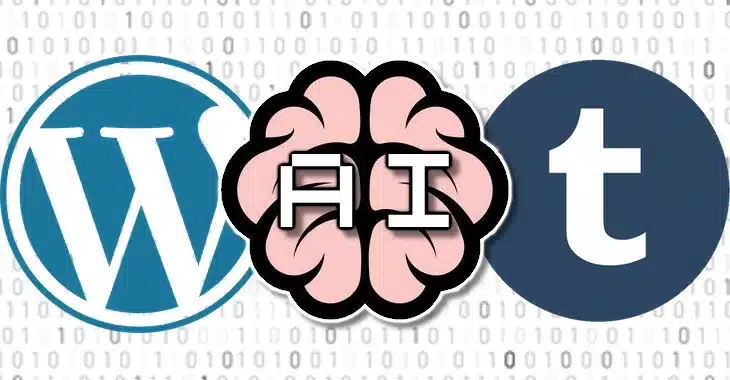Do we know whether federated content (say from Lemmy or Mastodon) with these sites may be under the deal as well?
They don’t need a deal with Lemmy.
It’s an open platform, they can just scrape all the data.
Is that legal? When you sign onto a proprietary platform you usually sign away your rights, but with lemmy this isn’t the case, so scraping your data to use to train AI would violate copyright laws, right?
They could set up their own fully federated Lemmy instance and scrape themselves.
They could, and we couldn’t stop them, but I think they legally couldn’t use content from other instances or even from users from other instances. Not that that will stop them, of course.
How would this apply for wordpress? Or do you mean the .com and not the .org?
https://lifehacker.com/tech/the-difference-between-wordpress-and-wordpresscom?ref=selfh.st
“If you’re confused, don’t worry; it’s been confusing everyone for two decades, and is a frequent topic of debate. To make it simple, think of it this way: If you go to WordPress.com to sign into your site, your site content is at risk of being used to train AI models. If your site is hosted anywhere other than WordPress.com (like on GoDaddy, Bluehost, or Siteground), then you have a self-hosted WordPress site.”
When you chose to use their free service, you already sold your soul to devil.
Is Wordpress a service? It seems to be software that is apparently runs on other people’s property. So this is what I’m confused about. I write a blog that is served by a non-profit org and the software is apparently Wordpress. I don’t understand how the copyright on my work in this context would exempt Wordpress in any way.
(edit) This article clears it up → https://lifehacker.com/tech/the-difference-between-wordpress-and-wordpresscom
This is such a flawed argument though, many of us remember when these services started coming out and the general Zeitgeist was “wow! What an amazing and interesting way to connect to each other!” There wasn’t too much public concern that our works would be sold to companies because these were just “platforms” places where you could shout out to the world about your passion.
The idea that this was a mistake the end user should have known better about is wrong because there was no preconception that your creative ideas were at any sort of risk, AI didn’t exist and it was commonly accepted that “of course you owned this, you made it”.
If you apply such a modern lens to the very early stages of the internet, of course it’s going to look stupid. But remember that most people at the time thought they’d be safe and wouldn’t willingly subject themselves to this kind of treatment





